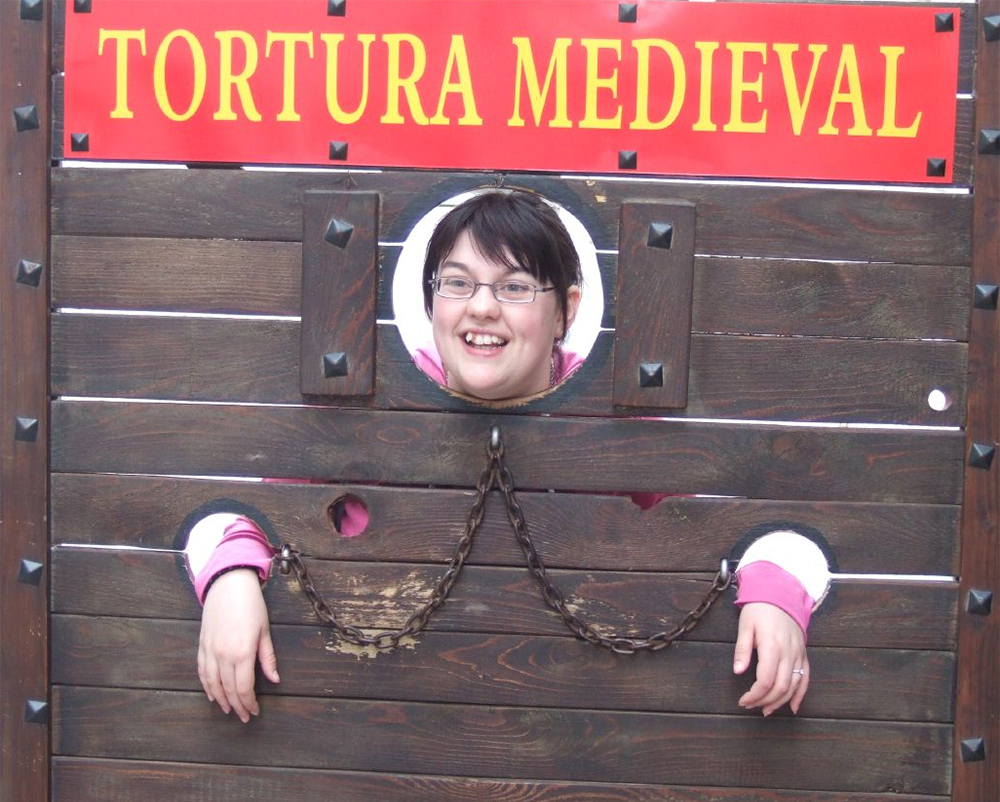
Spain, US growing more secular at similar, relentless rates
Reading Time: 4 minutes America for decades has lagged behind Western Europe in growing more secular. Now we seem to be catching up with Spain, though.

Surprisingly, once uber-Catholic Spain is growing more secular by the day, as is once uber-Protestant America.
Which suggests both countries may be on similar social and religious trajectories, except that Spain is governed by a socialist government and America, long socialism averse (to put it mildly), is governed by a center-left one at the moment.
The key current data point they share regarding religiosity is each’s proportion of nonreligious citizens.
As of 2018, 27 percent of Spaniards identified as atheists, agnostics or nonreligious, a striking surge from roughly only 8.5 percent in 1980, according to the Ferrer i Guàrdia Foundation’s Secularism in Figures study reported by El Pais news organization. Foundation Director Silvia Luque, said the rise represents a “historic” transformation in Spanish religiosity.
A similar unprecedented rise in religious apathy and even antipathy has been occurring in the past few decades in the United States. A 2019 Pew Research Center report asserted that 26 percent of Americans then described their religious identity as atheist, agnostic or “nothing in particular” (aka “nones”), just one percentage point less than Spain’s number in 2018 and up 17 percent from 2009.
In Spain, as well as America, the young are leading the flight away from religion, which bodes ill for the vitality of church bodies of both countries going forward.
The Secularism in Figures report noted that the largest proportion of irreligious citizens is in the 18-34 age range. Among Spaniards ages 18-24, 48.9 percent are nonbelievers; in the 25-34 age group, 44.3 percent are. In America, 40 percent of so-called Millennials — the oldest in the group are 40 years of age — are nonreligious.
In Spain, Catholic Church leaders warn that the government in the last decade has purposefully moved to maroon religion from the public square, particularly in the areas of restrictions on freedom of conscience that harms others’ rights and the end of obligatory religious education, along with laws legalizing abortion, same-sex marriage and euthanasia.
“We are concerned about the government’s legislative programme because we are seeing how an anthropological vision is being proposed and set in place,” lamented Bishop Luis Javier Argüello Garcia, Auxiliary Bishop of Valladolid and Secretary General of the Bishops’ Conference, as noted in The Free Thinker blog.
By “anthropological,” it appears Bishop Argüello Garcia meant “scientific and secular.”

America’s Christian Right is also very concerned about what William Barr, attorney general in the former Donald Trump administration, demonized as a “militant secularism” that was allegedly being forced on the populace. This includes what evangelicals view as marginalization of religion in public life, and the same set of religious taboos that give Spanish clerics soul-burn, such as abortion and same-sex marriage.
While both nations are clearly and quickly growing more irreligious, the causes are complex. Spanish religious leaders believe the change is rooted in modernity, increased education (especially of the young) and a rejection of the coercive traditional Catholicism that deeply informed the authoritarian regime of Spanish strongman Francisco Franco. Franco ruled over Spain from 1939, after the end of the Spanish Civil War, until his death in 1975. Ferrer i Guàrdia Foundation Vice President Vicenç Molina, speculates that in the 21st century “youngsters have exchanged metaphysical formulas for technology.”
In the U.S., improved education opportunity is also seen as a key driver of Americans away from religion, especially the young, who are finding it harder and harder to accept supernatural ideas for which substantive evidence and logical verification is lacking. Also, as in Spain, massive, broad child sex-abuse proven particularly against the U.S. Catholic Church but also other Christian denominations in the past few years have turned off many Americans not only to Catholicism but religion in general.
Spain’s lower house of Parliament, with church abuses in mind, in April passed a a pioneering new law to shield children and adolescents against violence and abuse. It now goes to the Senate.
But as new laws aiming to curb the negative effects of Christianity in American and Spanish societies wend their way through legislative bodies and the courts, the transforming trendline continues: Citizens of both countries are persistently growing more irreligious.
Certainly, politically more middle-of-the-road America can be expected to not pass laws as sharply progressive as socialist Spain’s, but fundamentally their aims are the same: to create more secular, evidence-based societies free of religion’s fantasy-informed edicts and coercions, and free of its millennia-old political dominance.
The handwriting seems to be on the wall. And growing evangelical anxiety indicates they’re reading it.


